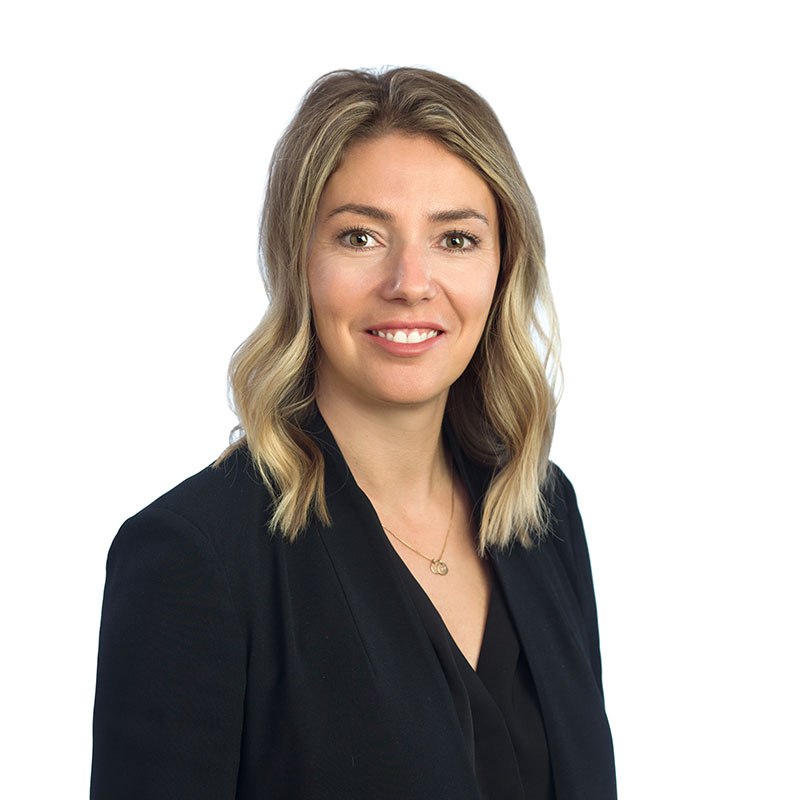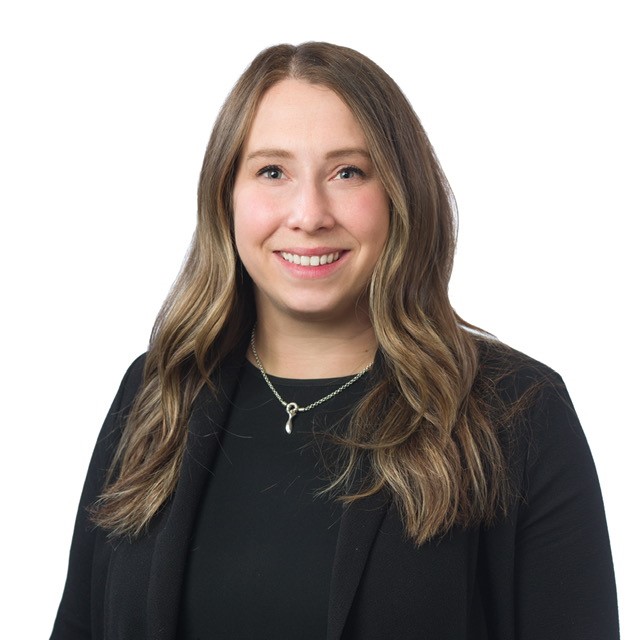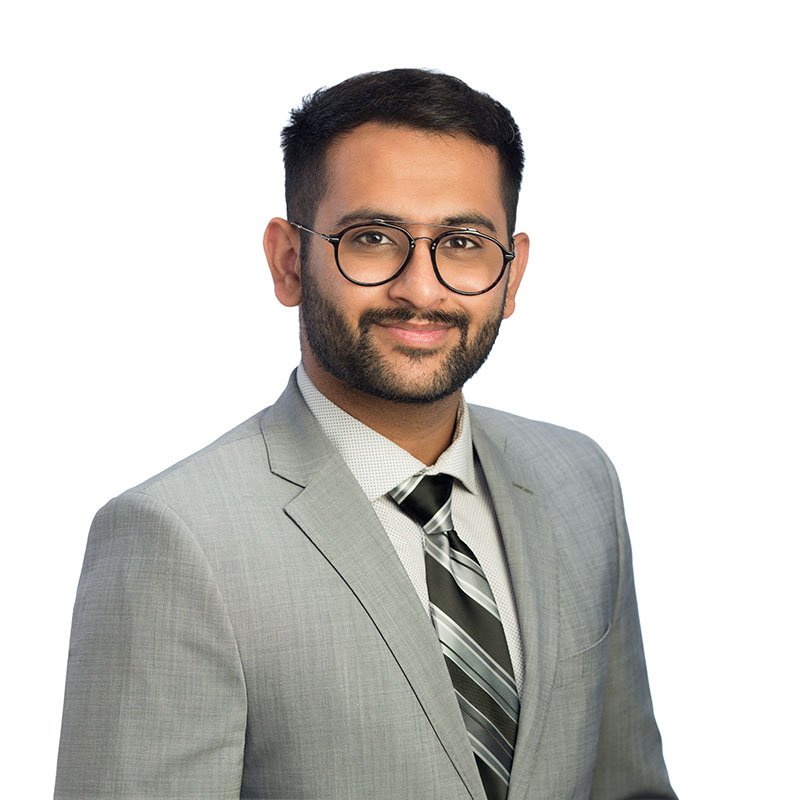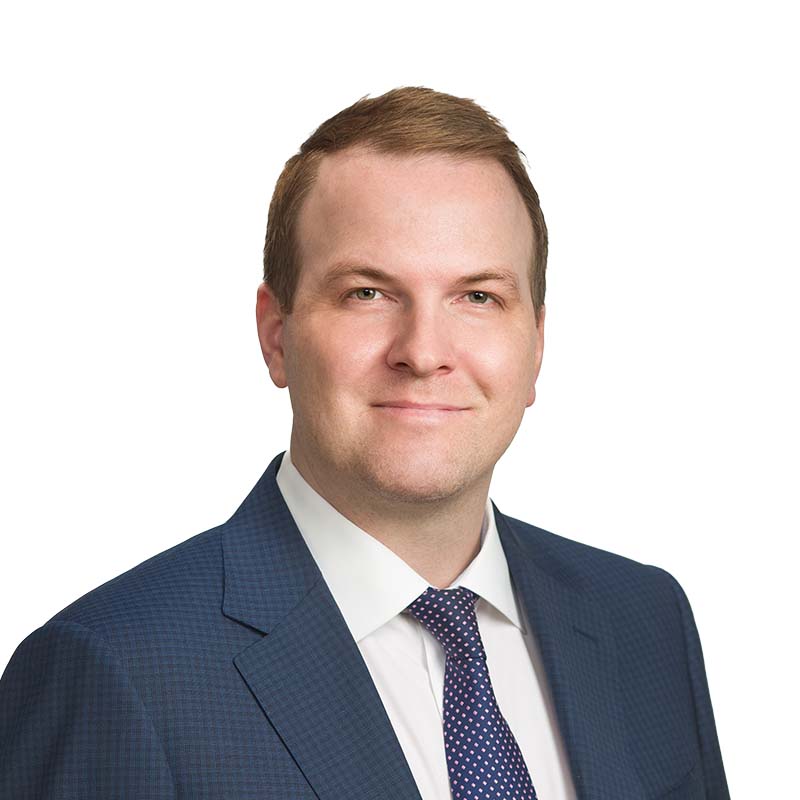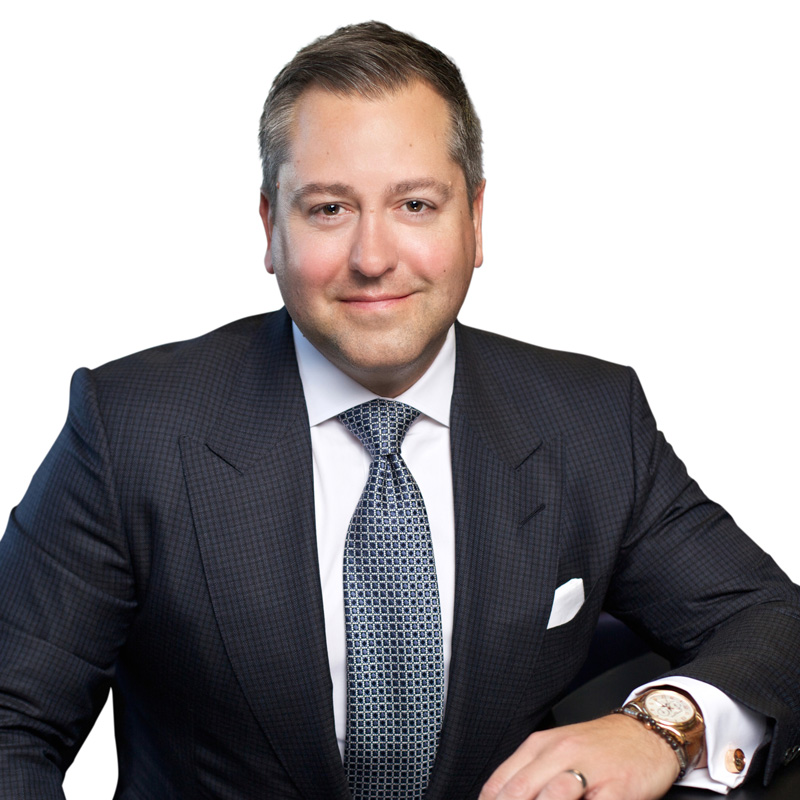When it comes to investing, wealthy families typically have more options than mass affluent investors, which changes the way they can invest. Whereas mass affluent investors generally target retirement as their primary objective, wealthy families have the means to think in terms of how their wealth can, and may, impact their family and community for generation(s). Because of this, wealthy families can be more tactical and dynamic in their approach to investing.
Given the ability to financially impact multiple generations, wealthy investors have the capacity to take on more risk and can position their capital toward higher rate-of-return outcomes. They also have the ability to be more tactical in their thinking by shifting their investment mix to different asset classes or geographic regions that may represent a better opportunity set in the short-term. Juxtapose this to the strategic asset allocation strategy that most mass affluent investors and advisors ascribe to, which is to rebalance back to a pre-determined asset mix regardless of coincident and forward looking economic and market factors, which often reduces the potential rate-of-return.
Wealthy investors have more financial capacity to invest in alternative investments such as real-estate, private equity, and hedge funds.
Along with the ability to think long-term, wealthy investors have more financial capacity to invest in alternative investments such as real-estate, private equity, and hedge funds. These types of investments are generally deemed ‘long-term’ and have very limited liquidity mechanisms which constrains the ability to access any capital from them, which is something that the average investor may not be able to afford to do. However, with illiquidity comes the potential for higher rates-of-return in the long-run.
Congruent to this, the risk lens that wealthy families look through is quite a bit different than it would be for the mass affluent investor. Despite the fact that the rate-of-return hurdle is generally quite a bit lower for the wealthy investor to meet their basic lifestyle needs, they have the capacity to take on more risk, because they generally aren’t encroaching on capital to meet their lifestyle needs. What that means is that they can absorb periods of market volatility such as what we saw through the global financial crisis or the COVID bear market, whereas the average investor needs to insulate themselves, at least in part, from these types of events because they are or will likely be reliant on that capital for their day-to-day needs at some point.
Wealthy families should consider how their portfolios integrate within the context of their overall wealth and family dynamics.
Lastly, some wealthy families form an investment committee to review, assess and make decisions around how capital is invested and potential changes the family should be thinking about in the future. The committee is usually comprised of experienced investment professionals, family members, and may also include external trusted friends or other long-time advisors. The investment committee can also act as a platform to bring in subsequent generations into the fold, and for them to learn about some of the facets of managing capital and wealth so they too can be thoughtful stewards of wealth for their family in the future.
West Oak Family Office has decades of experience assisting wealthy families with investment and portfolio management. If they haven’t done so already, wealthy families should consider how their portfolios integrate within the context of their overall wealth and family dynamics, and consider some of the best practices that other wealthy families have employed to create even better outcomes, now and into the future.


